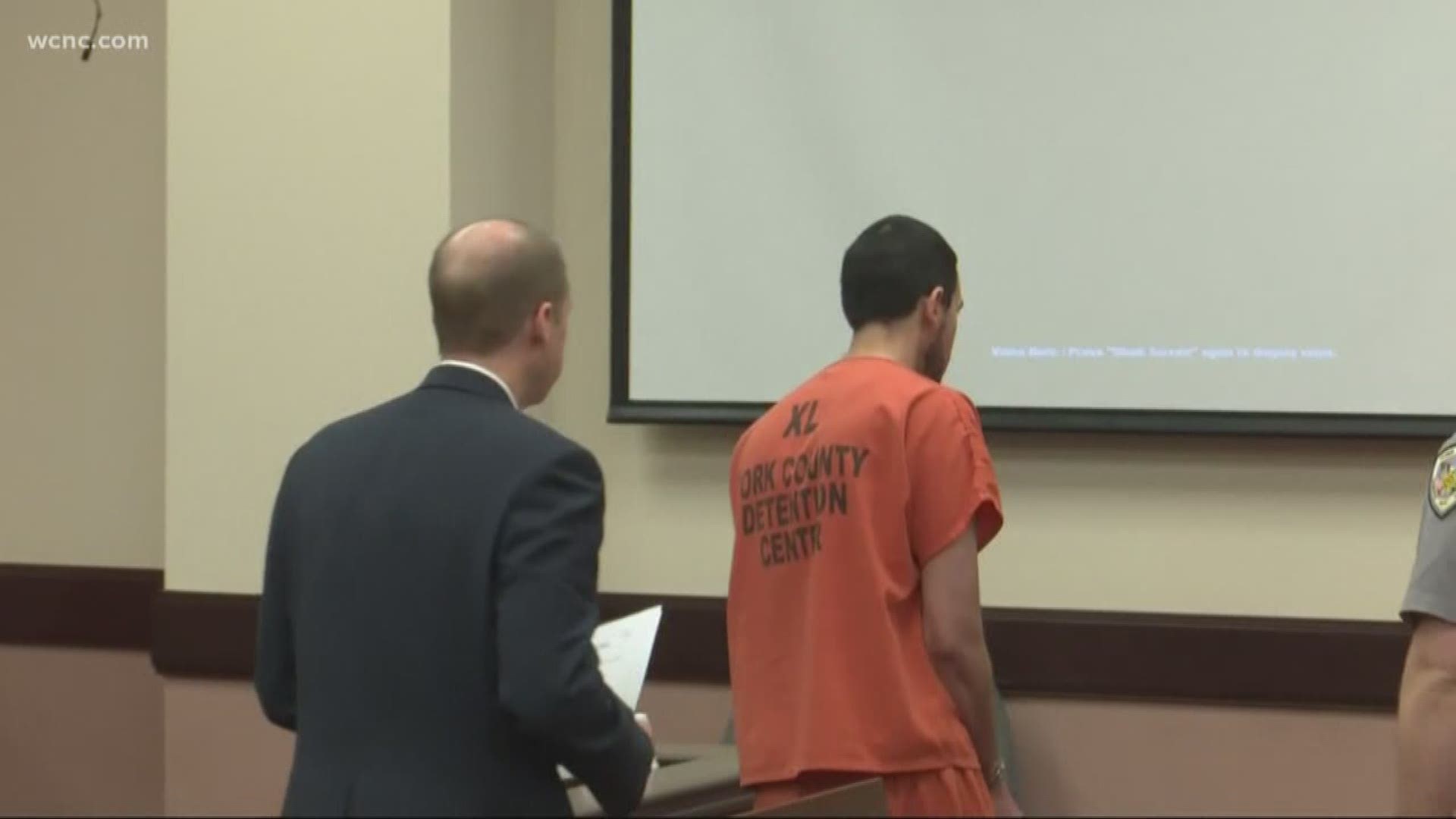One week after a Lancaster County man was sentenced to life without parole for the fatal ambush-shooting attack of a York County teen at the Fort Mill Peach Stand, a solicitor is calling for stricter gun laws.
16th Circuit Solicitor Kevin Brackett says the murder could’ve been prevented if Christopher Mendez was never allowed to purchase a gun.
Seven months before Mendez killed Karson Whitesell, he voluntarily checked in at a hospital admitting he was having homicidal thoughts.
By law, Mendez was still able to purchase a gun; information about that visit was never added to a national database.
“This is why I’ve become so concerned and we need to get this corrected," Brackett said.
The solicitor is calling this an unusual case. He’s been in the office since 1991 and says he’s never run across anything like this.
Due to the verbiage of the law, Mendez was able to purchase a gun because even though he had been admitted to the hospital, he wasn’t committed.
When buying a gun from a federally licensed store, everyone must fill out a form from the Bureau of Alcohol, Tobacco and Firearms which asks if you have ever been adjudicated as mental defective or committed to a mental institution.
Mendez filled out that same form on January 23, about an hour before he killed Whitesell at The Peach Stand in Fort Mill.
When Mendez came across the question, Brackett says, he checked the box that indicated he had not been involuntarily committed.
"The problem was six months earlier he had been involuntary admitted because he had homicidal ideations, thoughts of hurting others,” Brackett said.
Even though Mendez had been admitted to the hospital, the question on the form asks if a person has ever been committed. Because a judge cleared Mendez a week later from the hospital determining he wasn’t a harm to himself or others, Mendez was never committed.
This cleared him to purchase a firearm.
“I think what needs to happen is they need to change the law," Brackett said. "So if you’re involuntarily admitted to a hospital or committed your right to possess and purchase a firearm should be suspended until you can establish to the judge that you’re better.”
Brackett also believes admitted and committed mental patients should be flagged in a national database so gun shops can tap into that information before a transaction is made.
Federal law does not require agencies to share that information, even if someone has been committed to mental institution by a judge.
"When you have someone that’s dangerous to other people, we have to make sure they can’t put their hands on a firearm,” Brackett said.
According to Brackett, he’s already been in touch with local lawmakers discussing changes with the law.

